Indigenous Governance Database
membership criteria
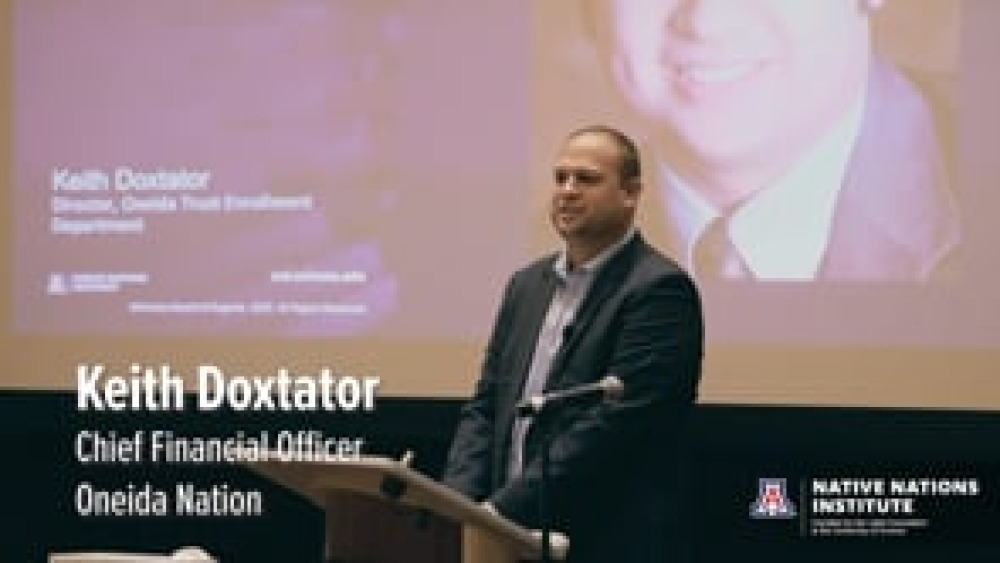
Hot Topics in Tribal Governance: Citizenship + Blood Quantum
As the Director of the Oneida Nation's Trust Enrollment Department, Doxtator used the skills he honed as a financial analyst to examine the current state of the nation's enrollment criteria and illustrate what that meant for the future of the nation. Since Oneida was still relying on Blood Quantum…
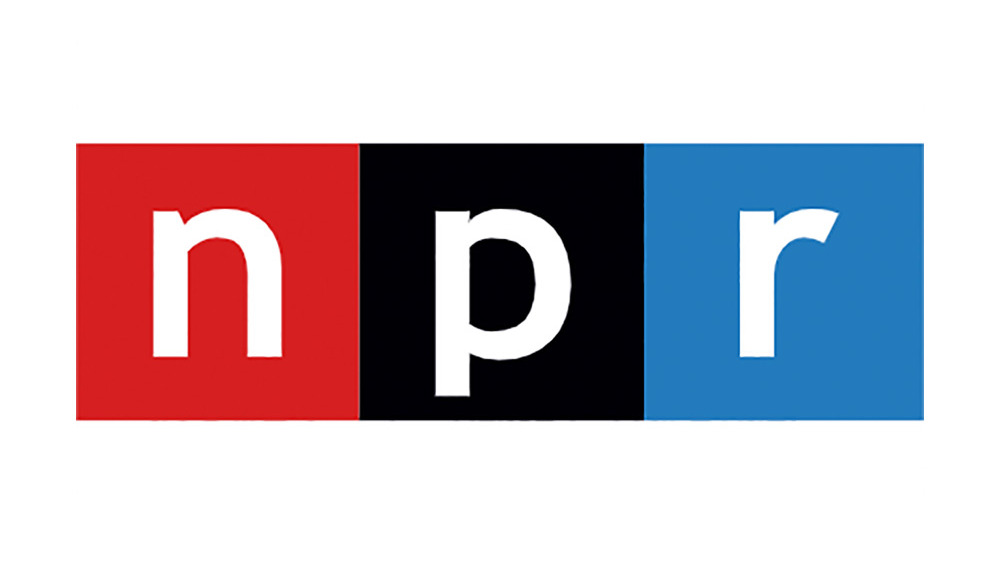
What Makes Someone American Indian?
Who is Native American? It's a complicated question that has tripped up, among others, Massachusetts Senator Elizabeth Warren. The Democratic presidential hopeful recently apologized for identifying American Indian as her race more than 30 years ago. It was around that time that the U.S. census saw…
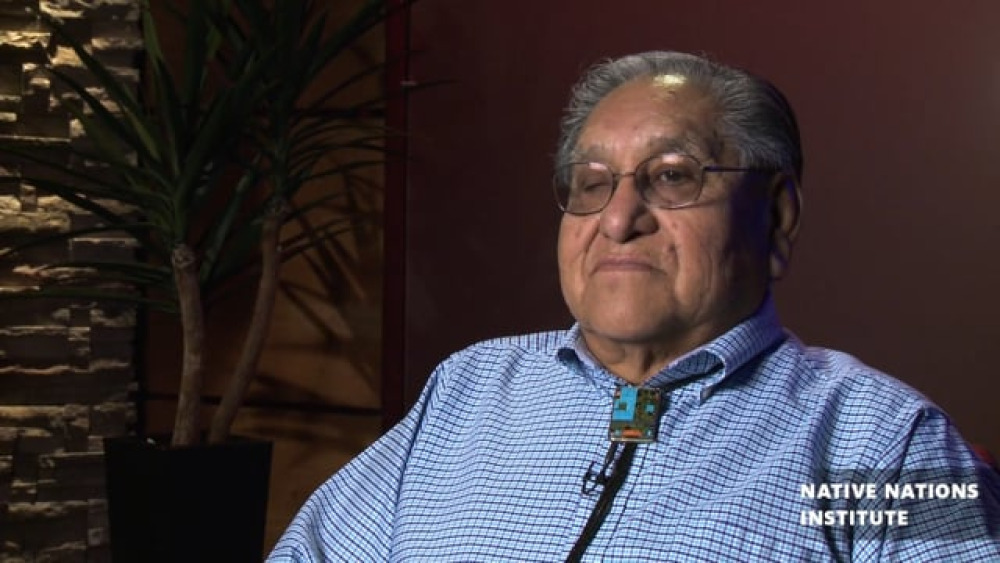
Leroy Shingoitewa: Self-Governance with Hopi Values
Leroy Shingoitewa, member of the bear clan, and served as chairman of the Hopi tribe and since January 2016, has served as a councilman representing the village of Upper Moenkopi. He recalls the intricacies of governing while maintiang Hopi values and traditions.
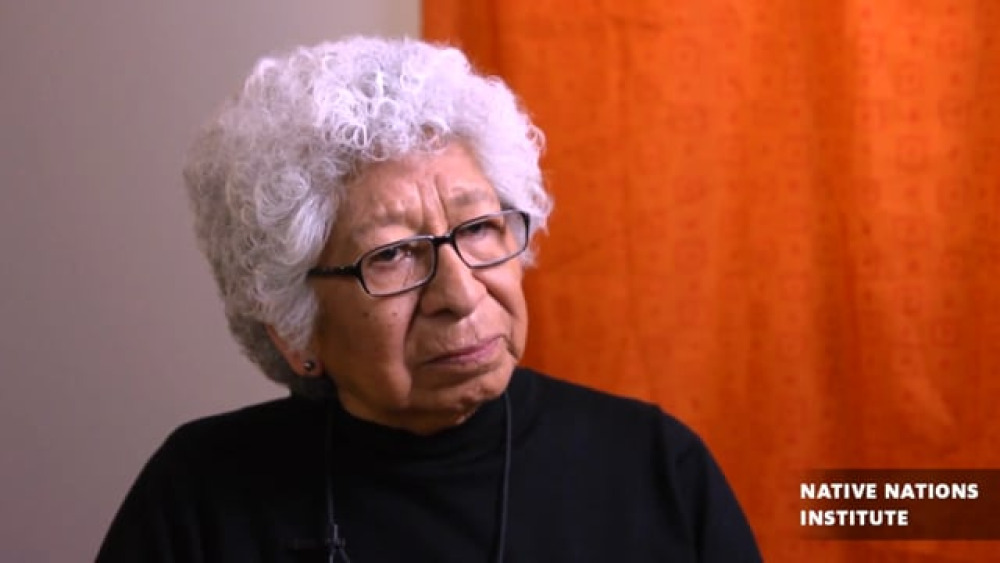
Verna Bailey: Making Self-Governance Work for Standing Rock
Former councilwoman Verna Bailey of the Standing Rock Sioux Tribe representing the Long Soldier District reveals the ins and outs of working with changes in a tribal council government. Her experiences offer insight into the history of self-governance for Standing Rock Sioux Tribe.
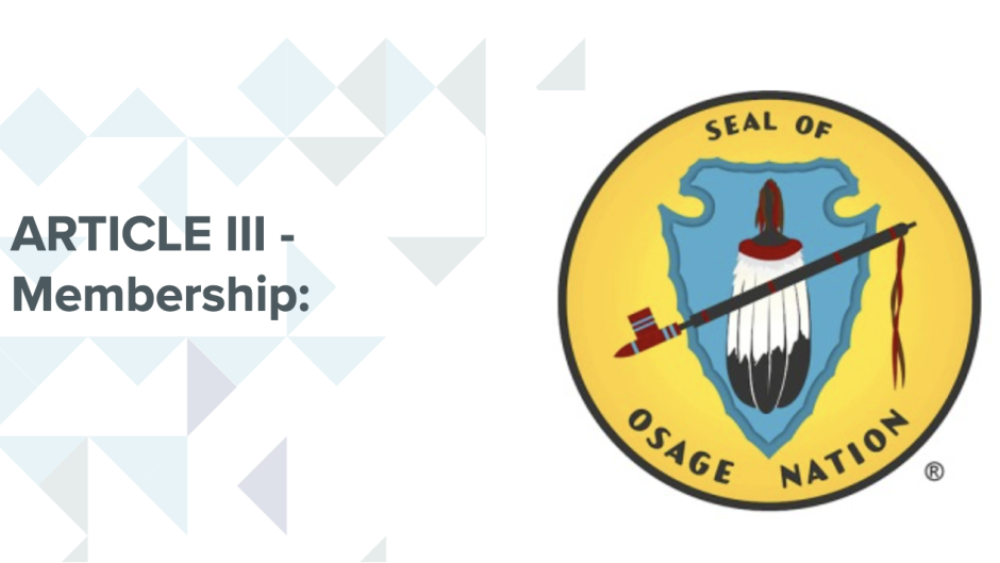
Osage Nation: Citizenship Excerpt
ARTICLE III - Membership: Section 1. Base membership roll: The base membership of the Osage Nation shall consist of those persons whose names appear on the final roll of the Osage Tribe of Indians pursuant to the Act of June 28, 1906 (34 Stat. 539). Section 2. Qualifications for membership: All…
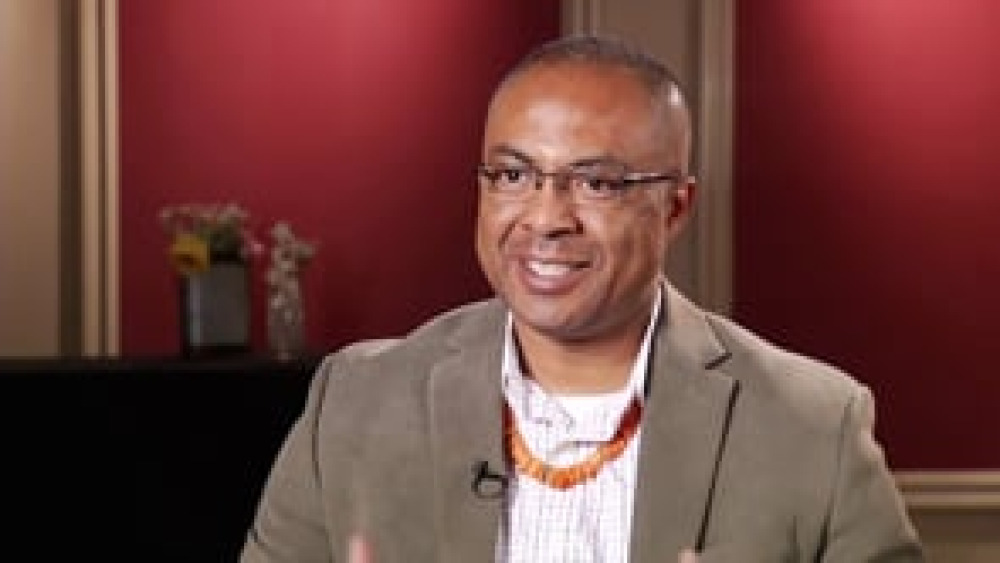
Richard Luarkie: The Pueblo of Laguna: A Constitutional History
In this informative interview with NNI's Ian Record, Laguna Governor Richard Luarkie provides a detailed overview of what prompted the Pueblo of Laguna to first develop a written constitution in 1908, and what led it to amend the constitution on numerous occasions in the century since. He also…
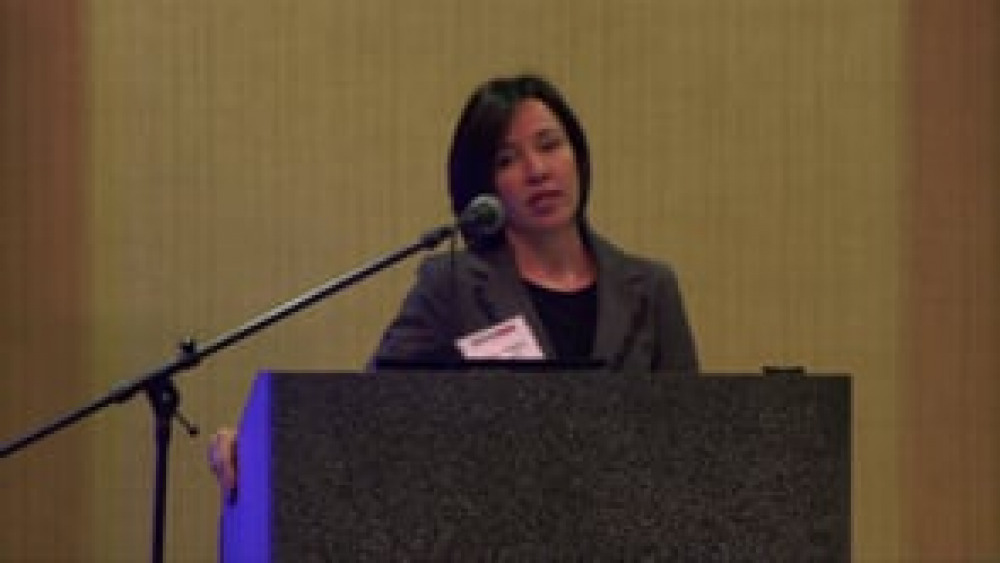
Vanya Hogen: Redefining Citizenship Criteria Through Constitutional Reform and Other Means
Lawyer and tribal judge Vanya Hogen (Oglala Sioux) discusses the difficulties inherent in amending Indian Reorganization Act (IRA) constitutions to redefine tribal citizenship criteria, and shares the story of the Shakopee Mdewakanton Sioux Community as an example of one Native nation with an IRA…
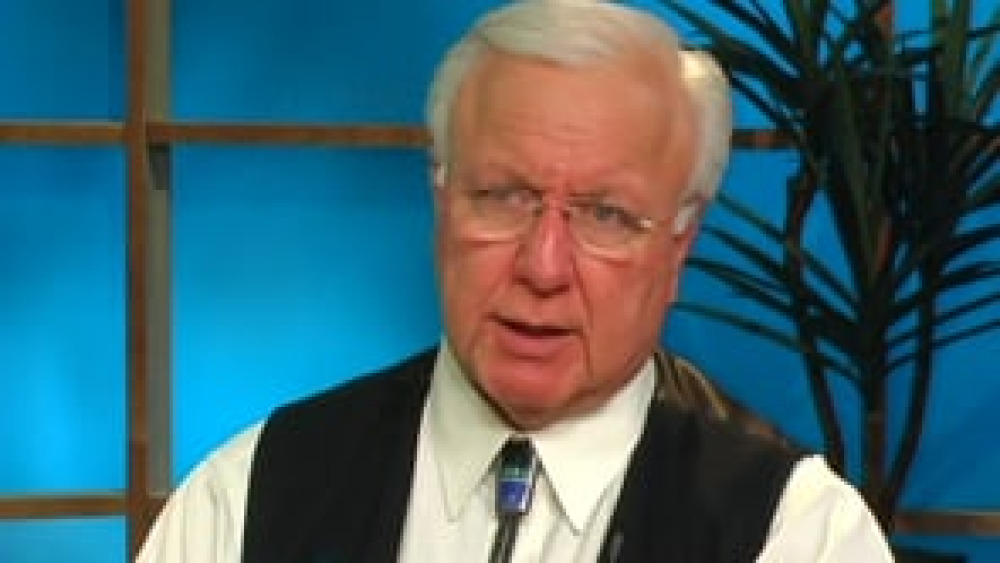
John "Rocky" Barrett: Citizen Potawatomi's Inclusive Approach to Citizenship
A 3-minute clip of an interview with Chairman Barrett describing how Citizen Potawatomi Nation created a government structure and constitution that worked for the nation's large and very dispersed population.
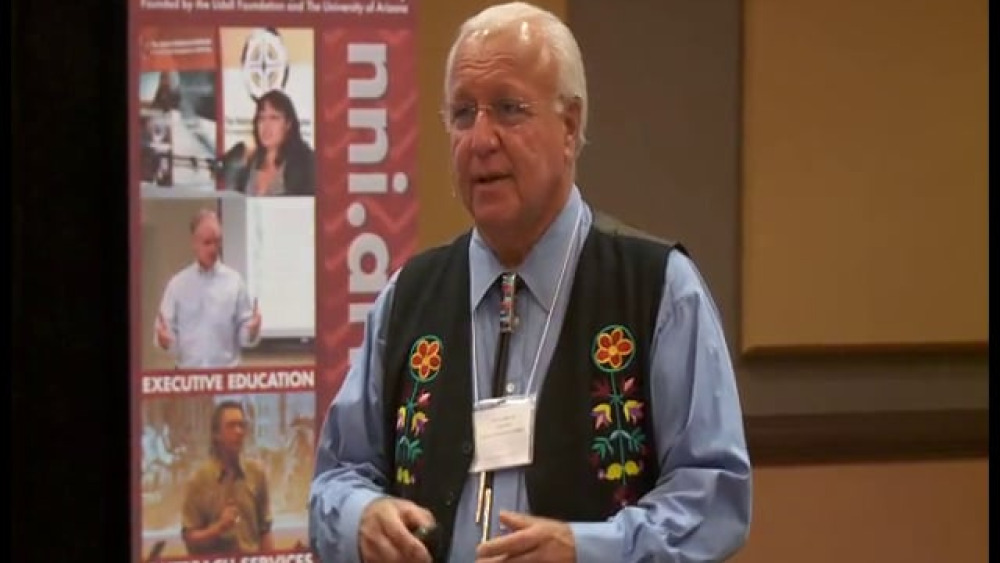
John "Rocky" Barrett: The Origins of Blood Quantum Among the Citizen Potawatomi
In this excerpt from his presentation at NNI's "Emerging leaders" seminar in 2012, Citizen Potawatomi Nation Chairman John "Rocky" Barrett provides an overview of how the U.S. government -- specifically the Bureau of Indian Affairs -- imposed blood quantum on the Citizen Potawatomi people, and how…
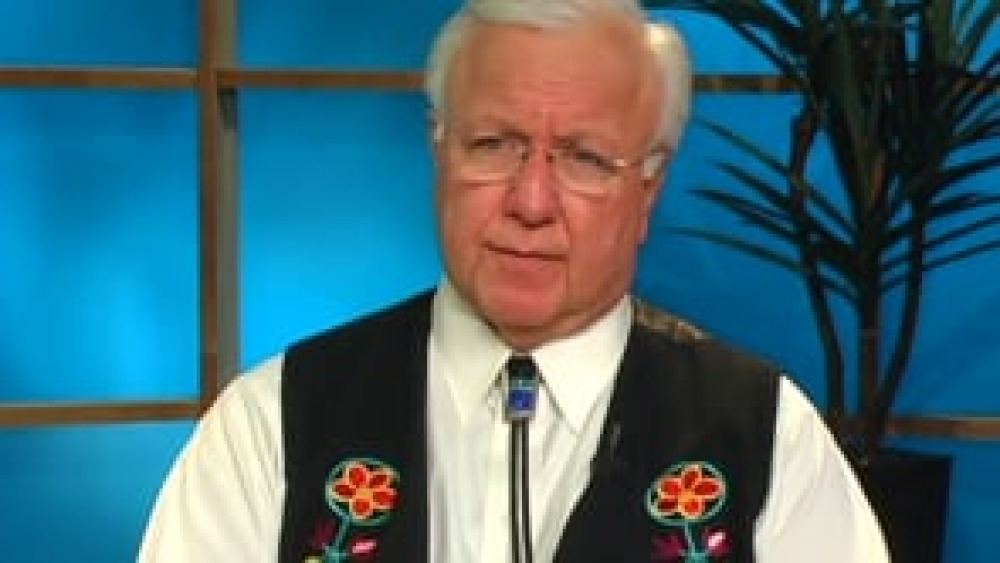
John 'Rocky' Barrett: Blood Quantum's Impact on the Citizen Potawatomi Nation
In this short excerpt from his 2009 interview with NNI, Citizen Potawatomi Nation Chairman John "Rocky" Barrett discusses the devastating impacts that blood quantum exacted on the Citizen Potawatomi people before the nation did away with blood quantum as its main criteria for citizenship through…

Ian Record: Constitutional Reform: Some Perspectives on Process
Dr. Ian Record, NNI Manager of Educational Resources, provides a broad overview of the inherent difficulties involved with constitutional reform, the different processes that Native nations are developing to engage in constitutional reform, and some of the effective reform strategies that NNI is…
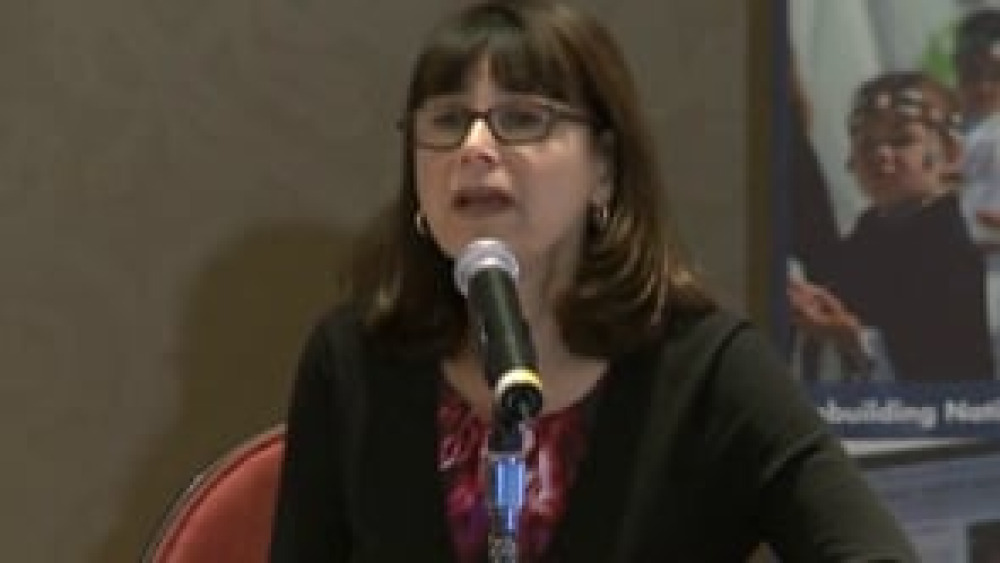
Carole Goldberg: Internal Considerations in Redefining Citizenship
Scholar Carole Goldberg discusses the internal considerations that Native nations should ponder when deciding whether and how to change their citizenship criteria.
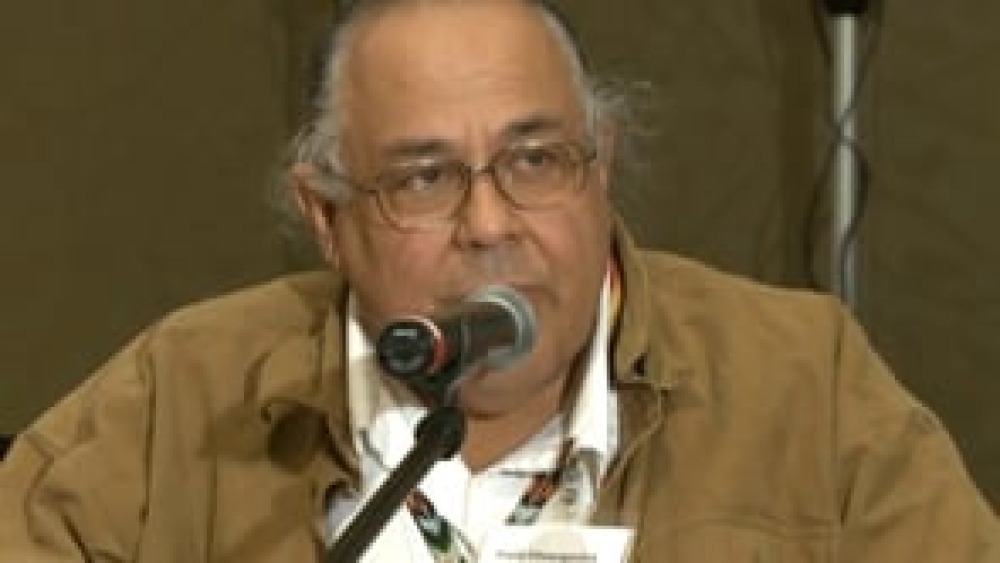
Native Leaders and Scholars: The Movement Away from Blood Quantum
Several Native leaders and scholars discuss the growing movement away from blood quantum as a primary criteria for determining eligibility for citizenship in Native nations.
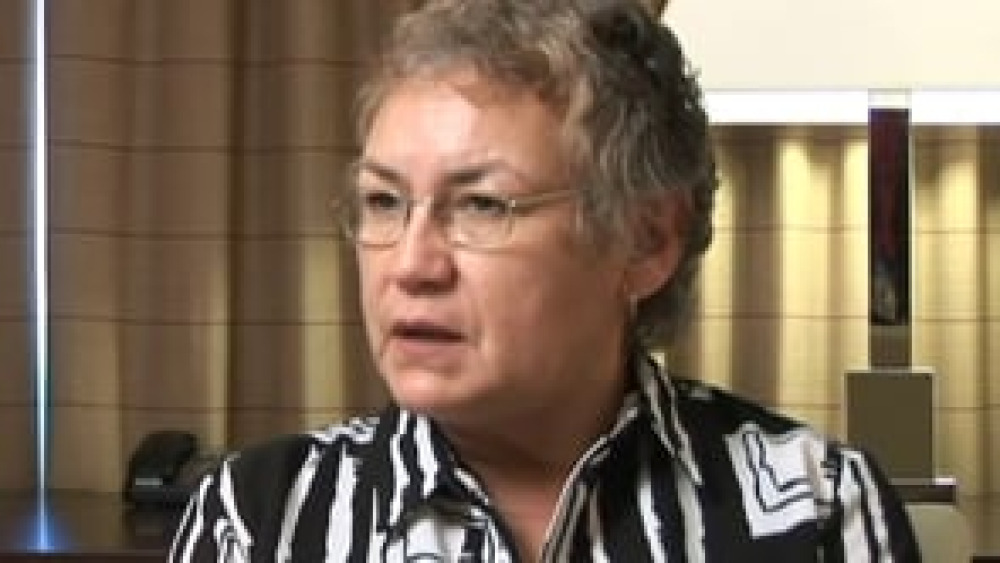
Sophie Pierre: Embracing Ancestry as the Basis for Ktunaxa Citizenship
"One of the key elements or one of our key pillars of course are our people, and our people embody our language and culture and you don't have a choice what you're going to be born as. Any of our people, when they're born, we're Ktunaxa, just as Italians are Italians and it doesn't matter if they…
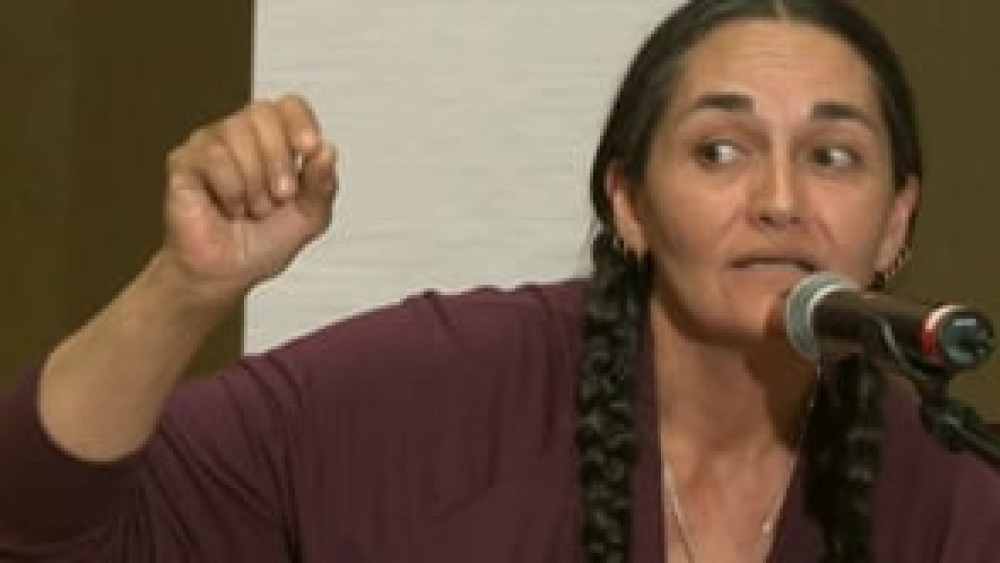
Gwen Phillips: Defining and Cultivating Strong, Healthy Ktunaxa Citizens
Gwen Phillips, Director of Corporate Services and Governance Transition with the Ktunaxa Nation, discusses how Ktunaxa people gained a sense of Ktunaxa identity and belonging traditionally, and the different criteria that Ktunaxa is considering including among its citizenship criteria today.
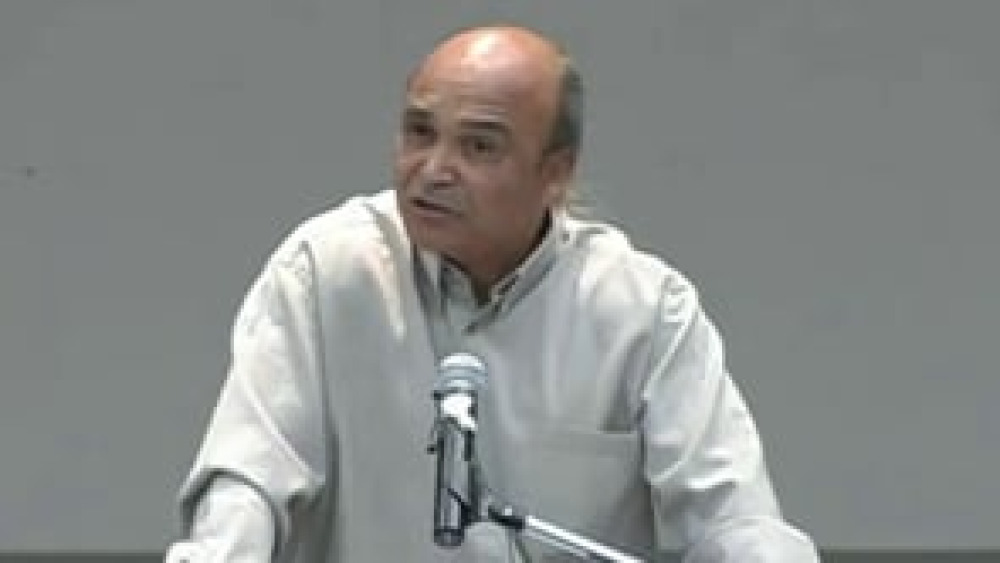
David Wilkins: Putting the Noose on Tribal Citizenship: Modern Banishment and Disenrollment
The final speaker for the 2008 Vine Deloria, Jr. Distinguished Indigenous Scholars Series at the University of Arizona, scholar David Wilkins (Lumbee) shares his research into the recent and growing phenomenon of disenrollment that is occurring across Indian Country, and delves into the likely…
Taylor Keen: The Disenfranchisement of the Cherokee Freedmen: Assertion or Abuse of Sovereignty?
Taylor Keen (Cherokee), a former member of the Cherokee Nation Council, discusses the stand he took against his nation's recent decision to disenfranchise the Cherokee Freedman. He offers a convincing argument against the move, explaining that taking away the citizenship rights of the Freedmen…
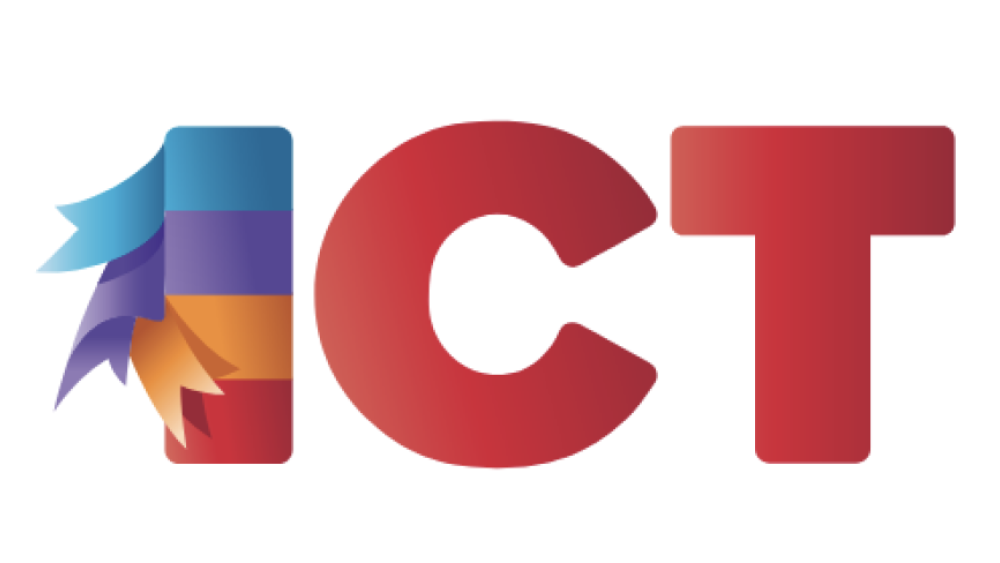
Dismembering Natives: The Violence Done by Citizenship Fights
Outside Indian Country most don't realize that over the past 10 years, several thousand people have had their tribal citizenship status terminated. Most were not dismembered for wrongdoing or adopted by other Native nations. They were simply identified by their elected officials as allegedly no…
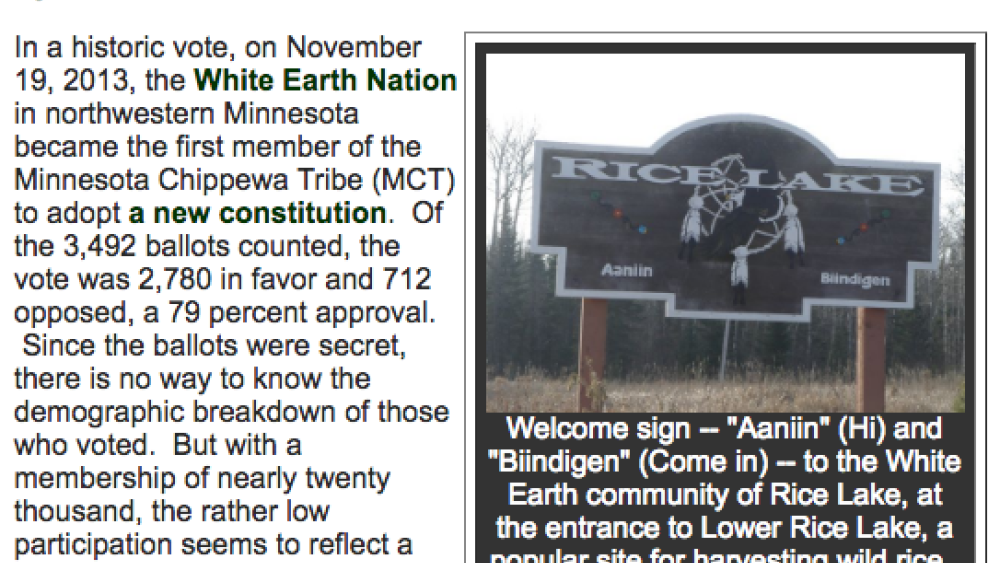
White Earth Nation Adopts New Constitution
In a historic vote, on November 19, 2013, the White Earth Nation in northwestern Minnesota became the first member of the Minnesota Chippewa Tribe (MCT) to adopt a new constitution. Of the 3,492 ballots counted, the vote was 2,780 in favor and 712 opposed, a 79 percent approval. Since the ballots…
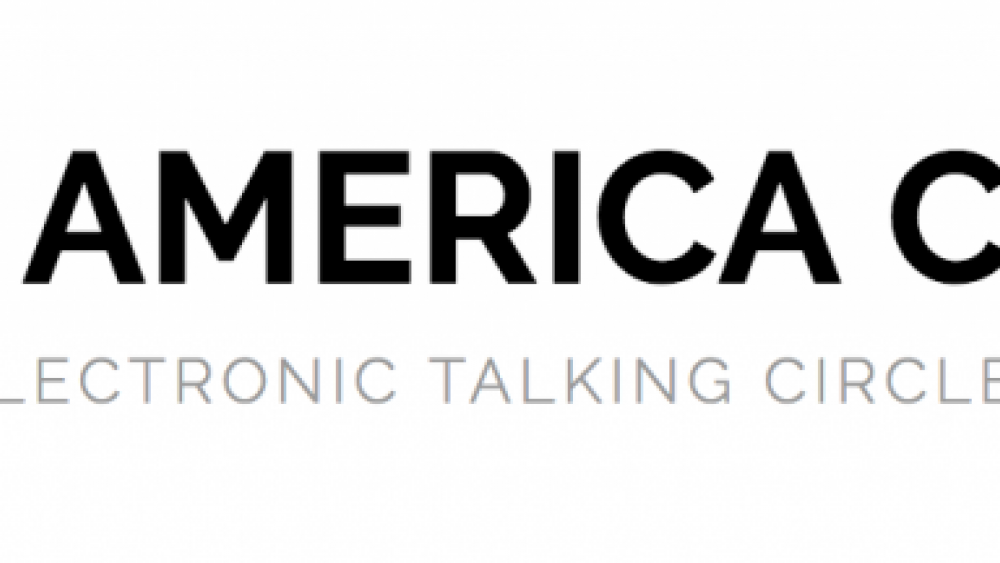
Tribal Enrollment And Blood Quantum
Every tribe has its own rules for membership. Some tribes include lineal descent — proof that you descend from a recognized tribal member — while others have a blood quantum requirement that requires members possess a certain percentage of tribal blood. On White Earth, researchers found that the…
